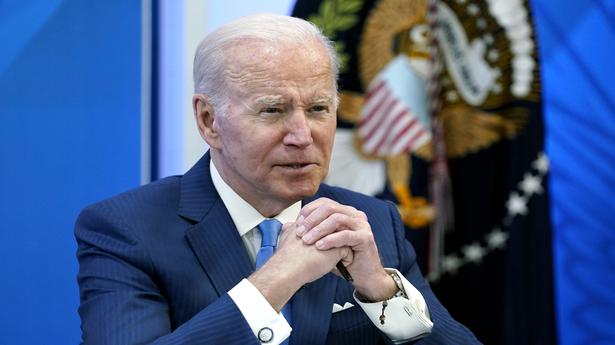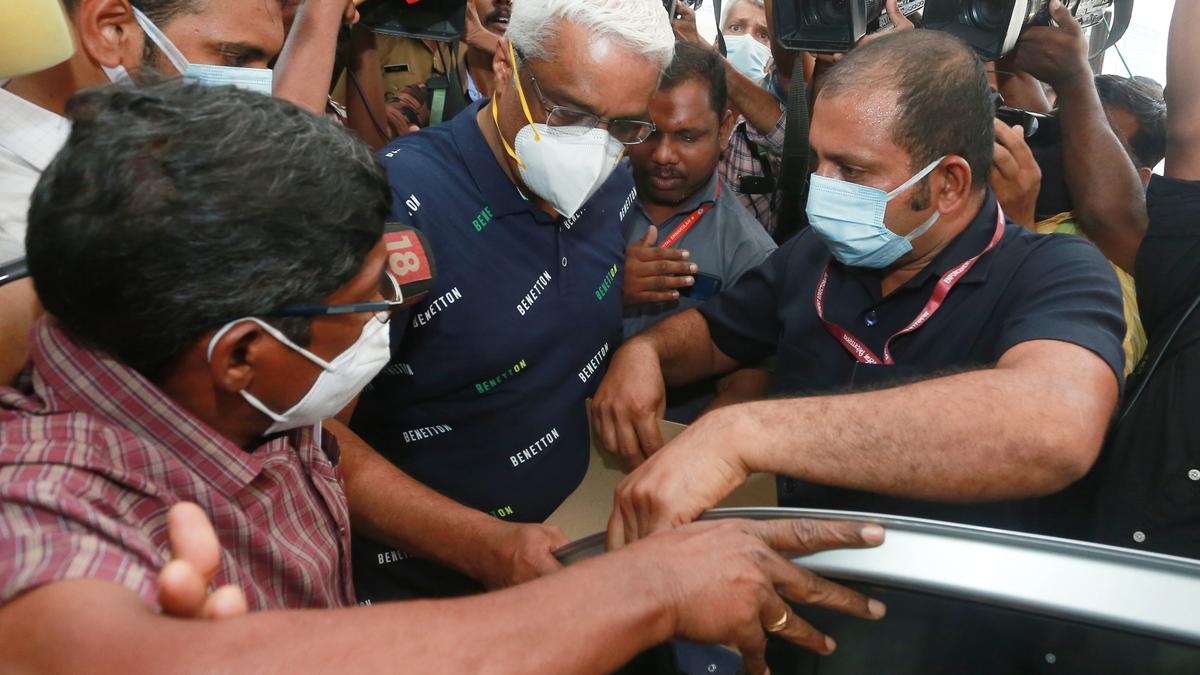NEW DELHI:
Ahead of their meeting with the Department of Consumer Affairs (DoCA) on June 2, the Federation of Hotel & Restaurant Associations of India (FHRAI) on Friday said it was up to customers to decide whether to pay the service charge or not.
In a statement released on Friday, FHRAI said levying service charges was the establishment’s way of assuring its staff members of a minimum tip and that the practice was not illegal.
The DoCA has called the meeting to discuss complaints about consumers being forced to pay service charges.
In a letter to restaurant associations, DoCA had said that most restaurants have included service charges in a default billing option. In its letter, the DoCA also said that it had received a number of complaints on the National Consumer Helpline about customers who were facing difficulties in getting service charges removed from their bills.
“Service charge is considered a beneficial payment since it is meant for the benefit of the staff of the establishment. So, some establishments make a conscious choice to adopt a beneficial policy towards their staff members,” said Gurbaxish Singh Kohli, Vice President, FHRAI.
Mr. Kohli added that “only the hospitality sector is being targeted” for the practice of levying service charges.
“The charge is neither hidden nor disguised. It is categorically and boldly mentioned in the menu. A customer patronises a food outlet with the full knowledge that they will be levied a service charge,” Mr Kohli said.
The association said that a restaurant may choose to include the service charge in the bill and its percentage may vary from 5 – 15% of the value billed. The statement added that levying service charges was a common and accepted practice in India as well as several other countries.
Information regarding the amount of service charge levied is mentioned by the restaurants on their menu cards so that customers are well aware before availing of the services, the FHRAI said.
“Services like booking train and air tickets through websites or portals, food ordered via websites or mobile apps, or movie tickets booked through online portals, all levy a convenience fee on the customers that do not come with any prior intimation unlike service charge,” said Pradeep Shetty, Jt. Hon. Sec., FHRAI.




